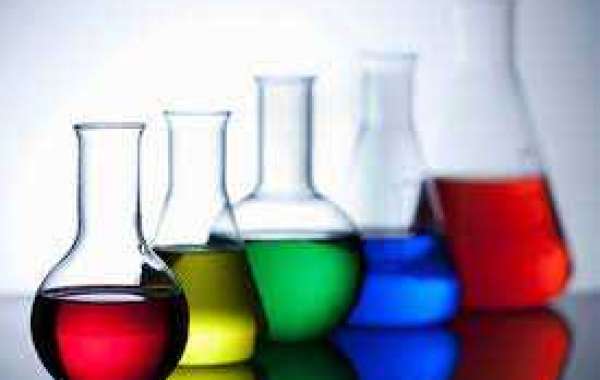
What Is a Chemical?
A chemical substance is any substance composed of substances. This includes any liquid, solid, or gas. A chemical substance is any pure substance (element) or any mixture (solution, compound, or gas). They can be natural or man-made.
What is not a chemical?
If anything composed of matter is composed of chemical substances, it means that only the phenomenon composed of non-matter is not chemical substances: energy is not chemical substances. Light, heat, and sound are not chemicals - so are thoughts, dreams, gravity, or magnetism.
Examples of naturally occurring chemicals
Naturally occurring chemicals can be solids, liquids, or gases. Naturally occurring solids, liquids, or gases may consist of a single element or may contain many elements in the form of molecules.
Gases: oxygen and nitrogen are naturally occurring gases. Together they make up most of the air we breathe. Hydrogen is the most commonly natural gas in the universe.
Liquid: perhaps the most important natural liquid in the universe is water. Water is composed of hydrogen and oxygen. Its behavior is different from most other liquids because it expands when it freezes. This natural chemical behavior has had a profound impact on the geology, geography, and biology of the earth and (almost certainly) other planets.
Solid: any solid found in nature is composed of chemicals. Plant fibers, animal bones, rocks, and soil are all made of chemicals. Some minerals, such as copper and zinc, are made entirely of one element. On the other hand, granite is an example of igneous rock, which is composed of many elements.
Examples of synthetic chemicals
Humans may have used chemicals before recorded history. About 5000 years ago, we know that people began to combine metals (copper and tin) to produce a strong and malleable metal - bronze. The invention of bronze was a great event because it made possible the formation of a large number of new tools, weapons, and armor.
Bronze is an alloy (a combination of many metals and other elements), which has become the main material for construction and trade. Over the past few hundred years, many different combinations of elements have produced stainless steel, light aluminum, foil, and other very useful products.
Man-made compounds have changed the food industry. The combination of various elements makes it possible to preserve and season food at a lower cost. Chemicals are also used to create a range of textures, from crisp, chewy to smooth.
Artificial compounds have also had a far-reaching impact on the pharmaceutical industry. By combining active and inactive chemicals in tablets, researchers and pharmacists can create drugs needed to treat various diseases.
Chemicals in our daily life
We tend to think of chemicals as unwelcome and unnatural additives in food and the air. Chemicals make up all our food and the air we breathe. However, some compounds added to natural foods or gases can cause serious problems.
For example, a compound called monosodium glutamate (sodium glutamate) is often added to food to improve its taste. However, MSG can cause headaches and other adverse reactions. Although chemical preservatives can keep food from deterioration on the shelf, some preservatives, such as nitrate, have been found to have carcinogenic properties, especially when overused.




